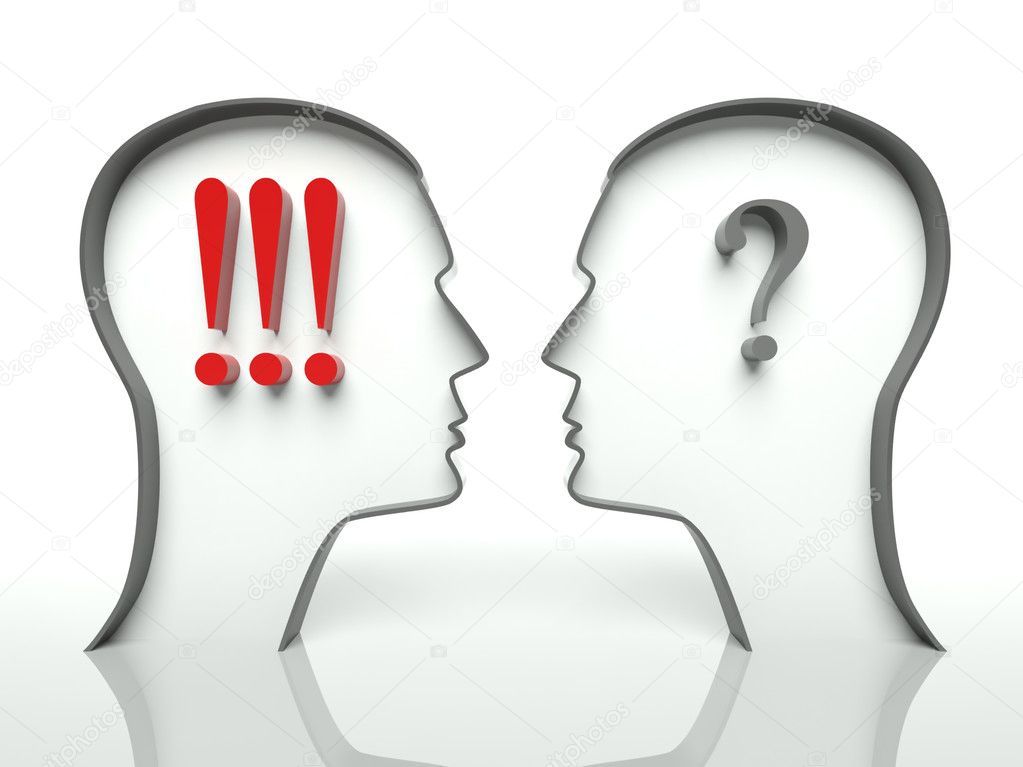The recent Catholic Times featured an article on how to reduce carbon footprint in daily life. Awareness of the climate crisis has increased around the world, calls have been raised for practices to take care of the Earth, our common home.
Pope Francis in his encyclical also stressed that we should all accept responsibility in this common task. We are emitting too much 'carbon footprint' without even realizing it. Carbon footprint is the total amount of greenhouse gas emissions generated during the entire life of a product that is produced, transported and used, and discarded by consumers.
This summer, the earth suffered from abnormal weather conditions. In North America, the heatwave of 40 to 50 degrees Celsius led to forest fires, and record heavy rains in Western Europe and central China. In Iran, the heat and drought have led to protests by residents.
Recently, the European Union (EU) announced that it will establish a carbon border tax, a tariff imposed on products produced and imported from countries that emit more carbon than its own, and the U.S. is also moving to introduce the tariff. The South Korean government also declared that it would achieve carbon neutrality by 2050.
Recently, 'digital carbon footprints', which are carbon generated when using digital devices, are drawing attention. When using the Internet, many computers process operations in real-time and use a lot of power to transfer data.
In particular, cloud storage and music and video streaming services consume far more power than download services. If the devices in the data center overheat, cooling devices are needed which can increase carbon emissions.
In order to reduce digital carbon footprint, it is recommended to use downloads instead of streaming. In addition, when using streaming services, it can reduce carbon footprint by up to 86 percent just by viewing it as standard quality instead of high definition.
According to British energy company Obo Energy, if all Britons cut their unnecessary mail just once a day, they could reduce their carbon emissions by 16,433 tons a year. Also, if you make a habit of pulling out a charger right after charging, you can reduce the waste of electricity.
Ways of reducing the energy in the use of air conditioners. They make life comfortable in hot summer. Because of this, many people have long been blamed for global warming by using air conditioners. However, using it well can reduce carbon footprint.
First, maintain proper temperature! The proper indoor temperature in summer is around 26 degrees Celsius. In addition, if there is a difference of more than 5 degrees from the outside temperature, the red light turns on for health, so if you keep the proper temperature, you can get both health and energy savings.
In addition, just keeping the air conditioner filter clean can save electricity. This is because using dust-stacked filters increases carbon emissions as well as electricity usage.
Cleaning the outdoor filter is also important. Uncleaned outdoor appliances consume more power, and the air conditioner may turn off if the outdoor appliances do not work properly due to accumulated dust.
Above all, the best way is to turn on the fan instead of the air conditioner for about an hour a day. It can save about 6.9 kWh in an hour, which has the same effect as planting half a pine tree.
Eating habits that can reduce carbon footprints
Let's narrow the distance between the ingredients to the table. You can eat healthy and eco-friendly vegetarian foods and eat Korean seasonal foods that minimize long-distance transportation.
The distance food traveled from production to distribution is called food mileage. The higher the food mileage, the more fossil fuels, and packaging materials are needed. Therefore, it is a good habit to reduce carbon footprint by purchasing seasonal ingredients in the local areas.
In order for 1kg of meat to be on the table, more than 30kg of beans and grains must be fed to livestock, and about 25.6kg of carbon is usually emitted to produce 1kg of beef. Therefore, consumption of beans, tofu, and potatoes rather than meat and consumption of chicken and eggs rather than beef or lamb can reduce carbon footprint.






